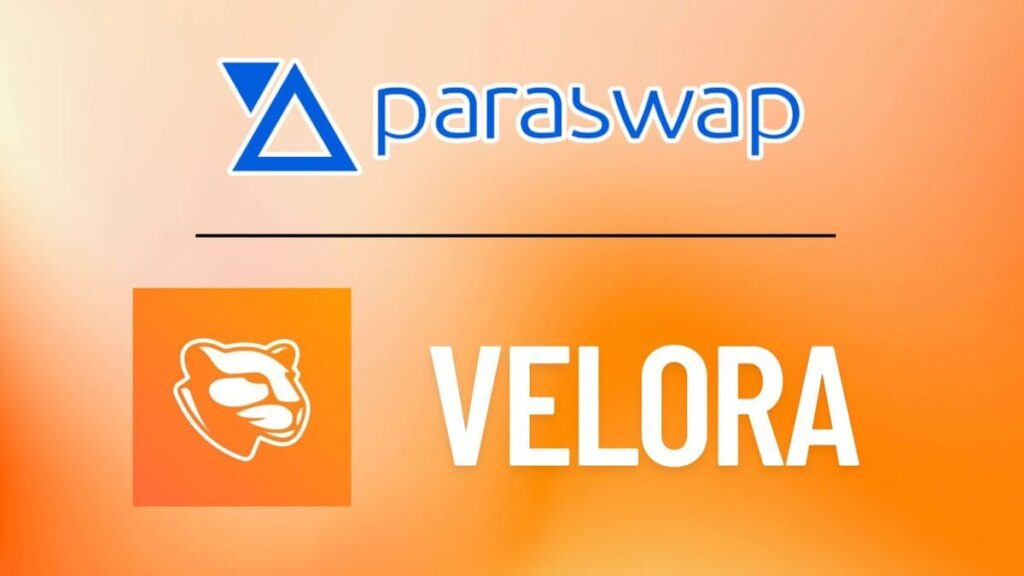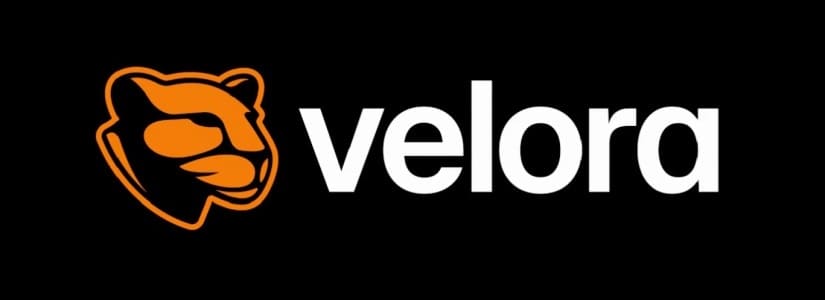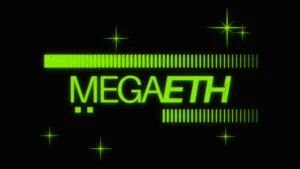TL;DR
- ParaSwap rebrands to Velora and launches Delta v.2.5, incorporating an intent-based trading system for greater flexibility.
- The update allows order customization, protects against MEV bots, and improves transaction execution across different blockchains.
- Velora implements a three-phase order model, optimizing liquidity, reducing bot impact, and improving overall efficiency.
ParaSwap has changed its name to Velora and implemented the Delta v.2.5 update, introducing an intent-based trading system.
This mechanism allows for order execution customization, offers protection against maximal extractable value (MEV) exploitation, and facilitates cross-chain transactions. The platform has recorded 18,000 monthly active users and over 4.3 million smart contract interactions in the past year, according to TokenTerminal data.
Since its launch in 2024, the intent-based system has aimed to reduce the impact of MEV bots, which exploit transaction ordering on the blockchain to gain profits through strategies like front-running and arbitrage.
How Does Velora’s Order Model Work?
Velora has structured its order model into three steps. First, the system defines the expected price before executing the trade. Then, the order goes through an auction process to determine the most efficient execution strategy based on liquidity and timing. Finally, the winning agent executes the transaction, prioritizing the user’s intent and minimizing bot interference.
The new update will provide traders with greater customization. Users can now set limit orders and overcome single-block execution constraints, improving swap flexibility. Additionally, the platform enables smoother cross-chain trading, optimizing user experience and system performance.
Protocol-Level Integration
1inch co-founder Sergej Kunz has stated that users should not have to deal with the complexities of DeFi execution. An intent-based system shifts these challenges and technical difficulties to specialized bots, simplifying operations for investors. For such a DEX to function properly, MEV protection must be integrated at the protocol level, ensuring transactions are executed without interference.
Velora focuses on an order execution model that aligns with user preferences while maintaining transaction efficiency and security. With these improvements, it aims to provide a more advanced alternative for trading in the DeFi market without relying on traditional decentralized exchange structures.













